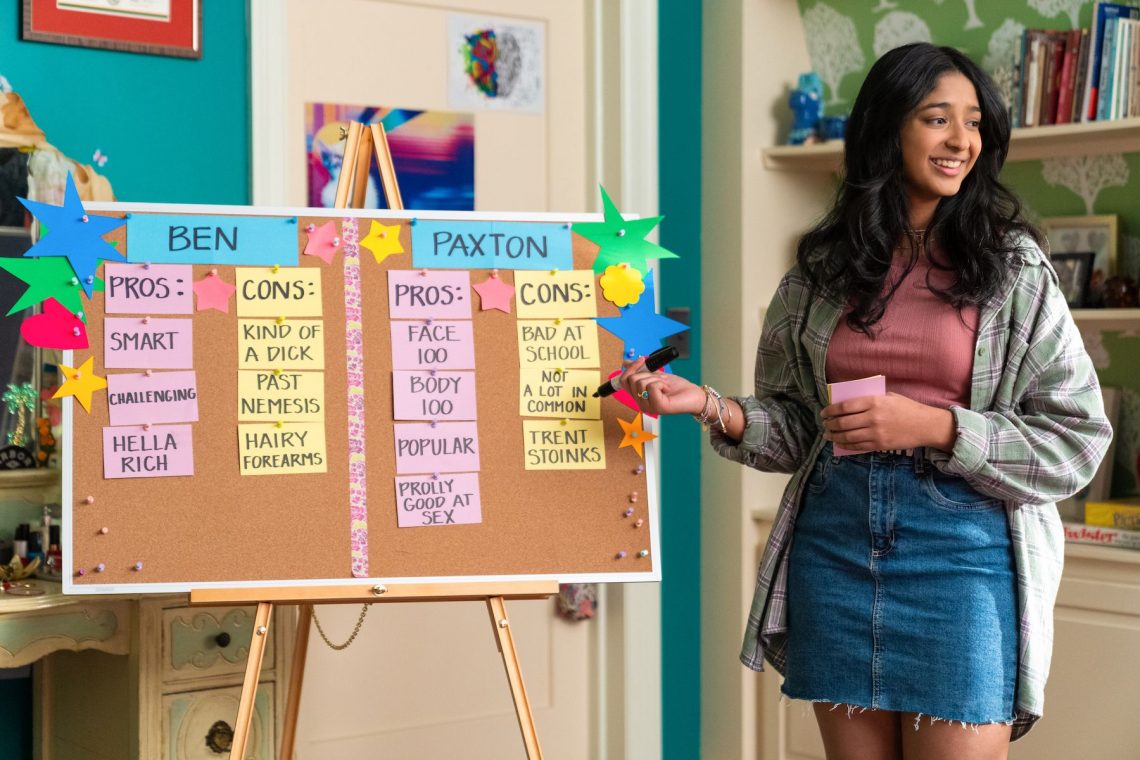
‘Never Have I Ever’ ending explained: How does Devi get into Princeton?
The teen comedy series Never Have I Ever blossomed into one of Netflix’s biggest hits from the relatively niche pigeon-hole it occupied when it first appeared on the platform. Co-created by comedian and writer Mindy Kaling, who was previously known to most viewers as Kelly Kapoor from The Office, the show’s cross-cultural examination of growing up as a minority-ethnic school student in the US struck a chord with millions more than initially expected.
Its success is largely due to the strength and complexity of the main character, Devi Vishwakumar, who’s brought to life superbly by Maitreyi Ramakrishnan in her first screen acting role. We empathise with Devi every step of the way. Not only through the typical struggles she faces as a teenage girl or the problems unique to growing up in an Indian family. But even more so when she fails, makes mistakes, or hurts others with or without meaning to.
Her moral foibles are conveyed with compassion and understanding, displaying a keen awareness of the grey areas and growing pains teenagers have to navigate. Particularly in a context of racial oppression and having lost a parent.
That’s why Devi’s dream of getting into Princeton University at the end of high school becomes so important to us. Not least because, as we learn in the final season of the series, it was her father who first inspired her to aim for Princeton several years before he passed away suddenly.
In the penultimate episode, we’re devastated to learn that Devi has failed to get into every college she applied for, only making it onto the waiting list for one. It just so happens that one is Princeton. The university’s admissions tutor calls her and, while telling her she realistically has little chance of being chosen off the list, encourages her to write another essay to supplement her application.
“I think you could say more,” she explains. “Your first essay was very well written. Very academic. But it didn’t really show me who you are.” Devi is at a loss for how she can say anything more, as she only knows the well-worn academic path of cookie-cutter Ivy League applications.
Until she realises that her father is the key to her digging deeper and showing more of who she really is. As she finally writes in her essay, “I don’t think there’s really a way to know me, without knowing about him.”
Her profoundly personal story is a hit with the admissions team. Thanks to what she shares, at the start of the final episode, she’s plucked from the waiting list and offered a place at Princeton against all odds.
Never have I ever after?
Of course, this is the ending to the show we were all waiting for. And not only does Devi get into “the college of her dreams”, as left-field narrator John McEnroe tells us in the show’s closing moments, she also gets the boy she wanted. Longtime classroom rival Ben Gross declares his love for her, and the two of them decide to attempt a long-distance relationship between their respective colleges in New York and New Jersey.
It was Ben who urged her to write the supplementary essay for her application when she felt like giving up. “If you don’t try everything that you can, you’re gonna regret it,” he told her. His encouragement, as well as the affirmations of her counsellor, allowed her to find something within herself that she didn’t know she had.
Maybe Ben and Devi’s relationship wouldn’t last beyond their college years. But their happy ending is when Kaling and her co-creator Lang Fisher choose to end the show. It’s hardly a novel take on teenage romance. But it’s the conclusion Devi richly deserves.